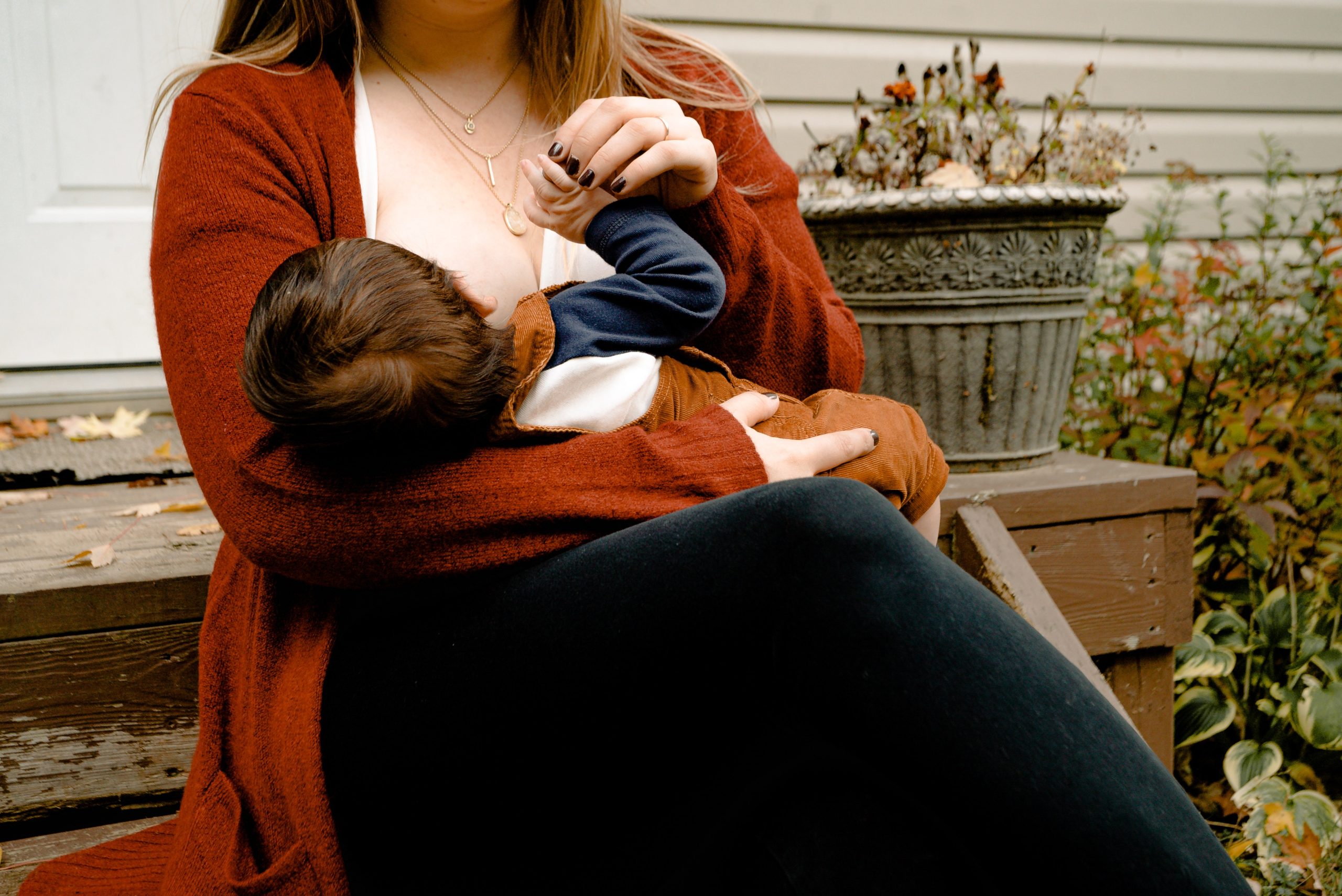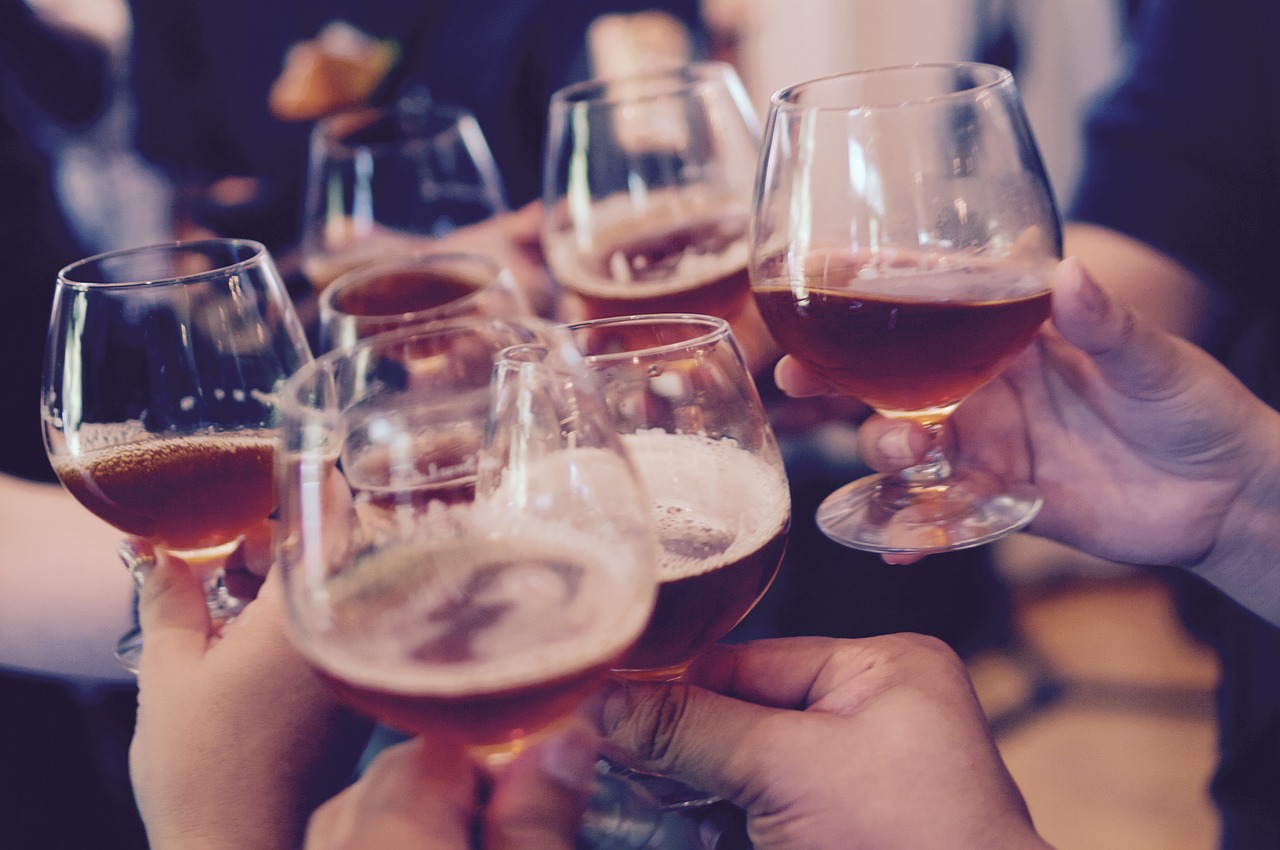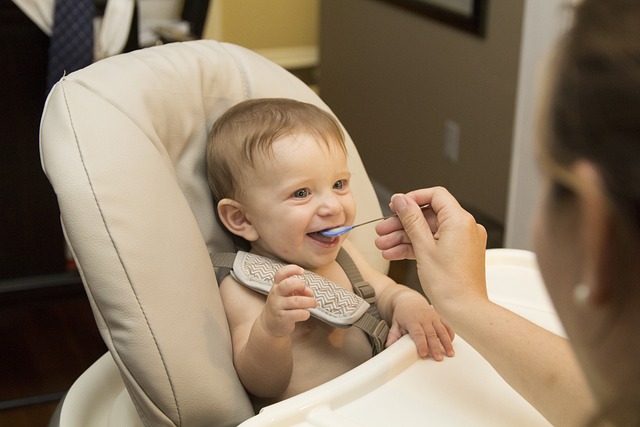A healthy diet is very important during breastfeeding the same as it’s important when not breastfeeding. Everything you eat during this time affects the breast milk and your baby also. There are few foods to avoid or reduce while you are breastfeeding.
Specific nutrients, such as iron, calcium, potassium, and vitamins A and D, are particularly very important while breastfeeding. Eating a wide variety of foods is also essential, as this will expose the baby to different tastes and may result in them being more receptive to solid foods later on in their life.
Most breastfeeding moms can eat whatever they like without affecting their babies. But every baby is different. If you notice that your baby seems to be fussy, gassy, or sleepless after you eat a particular food, try to avoid that food and check your baby reaction to it. The most important thing is to include a wide variety of fresh and healthy foods in your breastfeeding diet.
Table of Contents
Foods to avoid or limit while breastfeeding
From foods that change the taste of your breast milk to foods that make your baby colic, there are certain foods that should be avoided while breastfeeding. While the complete list can vary from woman to woman but some foods are common for everyone. With time, you will naturally learn what works for your baby and what does not.
Here is the list of 12 foods that you should try to avoid or limit while breastfeeding
1. Alcohol
Experts suggest that breastfeeding moms should limit alcoholic beverages to one standard drink per day. It is also recommended that breastfeeding moms should wait 2 hours after consuming an alcoholic beverage to feed their baby. Having too much alcohol may have a negative effect on your baby’s growth, development, and sleep schedule.
Read more about Alcohol and Breastfeeding: Can you drink while breastfeeding
Research shows that the amount of alcohol in breast milk is high 30–60 minutes after your last drink therefore alcohol can remain in your body for up to 2–3 hours. The more alcohol you have, the longer it will take to be cleared from your body.
13 tips on breastfeeding for first time moms that no one will tell you
2. Caffeine
Caffeine is a most common part of our diet. Coffee, soda, tea, and chocolate are common sources of caffeine. When you consume them, some of that caffeine can come in your breast milk also. It’s wiser to avoid foods containing caffeine while breastfeeding as it’s a stimulant which can make your baby restless and disturb their sleep. If you want to drink caffeine, try not to have more than 300mg a day because too much caffeine can over-stimulate your baby.
3. High mercury foods like fish
There are some foods like fish, salmon and tuna, which are high in protein, omega 3 and very healthy for your body. But they are high in mercury and other contaminates. You don’t need to avoid them completely but limit their consumption like once or twice in a week. You can choose foods types which are lower in mercury, such as salmon, tilapia, and trout. Try to avoid shark, swordfish, king mackerel, and tilefish because they have high levels of mercury.
4. Foods high in sugar and limit fatty foods
A healthy diet consists of healthy foods like fresh fruits, vegetables, whole grains and so on. To complete all the nutrients while breastfeeding, it is important to eat healthy foods and avoid highly processes foods. As highly processed foods are generally high in calories, unhealthy fats, and added sugars, and low in fiber, vitamins, and minerals, so it’s recommended to limit their intake as much as possible.
You should try to limit fatty foods and foods that are high in sugar like cookies, cakes. There is some concern about frequent exposure to foods high in sugar and fat as a baby may lead to unhealthy eating habits and obesity in your child but there is still some research needed in this.

5. Smoking
Smoking can also affect your breast milk the same way as alcohol does. Always try to avoid this while breastfeeding. Smoking can also affect your milk supply also. Studies indicate that smoking more than 10 cigarettes per day reduce milk supply and alter milk composition. It is always best to avoid them.
Click here to read about breastfeeding and nipple pain: How long does it last
6. Some herbal supplements
Some herbal supplements contain heavy metal and other component which can be dangerous for a baby, the best practice is to avoid them for some time. However herbs and spices are generally considered safe during breastfeeding but there is not much research on herbal supplements.
7. Spicy foods
However there is no research to suggest that a breastfeeding mom should avoid spicy foods but sometime spicy foods can trigger bloating or gas in babies. If you feel that your baby’s stomach is upset because of the spices that you had before, it is best to avoid them and check the effect on your baby.
8. Citrus foods
Most of the mothers can eat citrus foods while breastfeeding. In fact, citrus foods are great for a mother’s health as they are a rich source of vitamin c. But some babies are sensitive because of that citrus foods can lead to upset stomach and might cause rashes. Always check for any unusual signs in your baby after having citrus foods especially after eating oranges, grapefruit, lemons and tomato. If your baby seems fine then you can have then otherwise it is best to avoid them for some time.
Read: Do your breast go back to normal after breastfeeding?
9. Foods that create gas
There are some foods that create gas like broccoli, cauliflower, cabbage, asparagus, Brussels sprouts, corn, and potatoes and many more. While it is not necessary that foods which create gas in you will create gas to baby also but it is always good to minimize or avoid their consumption while breastfeeding. If you decide to have them, try to eat in the morning time when you feel that your baby is active so that you can check any sign of gas or fussiness. Try to avoid them during the night time.
10. Some herbs
There are some herbs like peppermint, parsley sage which can affect your milk. For example having lots of parsley can curb lactation and having too much peppermint can reduce your milk supply. If you think that your milk supply is dropping down after having lots of peppermint, it is best to avoid them.
11. Allergy triggering foods
If your family has some history of food allergies then you should check it for your baby also to avoid any allergic reaction. Some of the most common allergy triggering foods is: Cow milk, Peanuts, Soy, Nuts, Gluten, Fish and some citrus foods.
You should not think that you have to avoid these foods while breastfeeding but always keep an eye on your baby’s reaction whenever you have these foods. Always try to expose your baby to different foods and check how he or she reacts. Your baby can tell any of the symptoms like gas, bloating, rash, Crying, colic, diarrhea, trouble sleeping, fussy, nose congestion or runny nose. Generally the symptoms can show within 12 to 24 hours of eating.
12. Some medications
While most medications are safe to use during breastfeeding but there are some medications like aspirin and product which contains aspirin as well as naproxen should be avoided. You can also check with your health care provider which medications are safe to use and which not.





